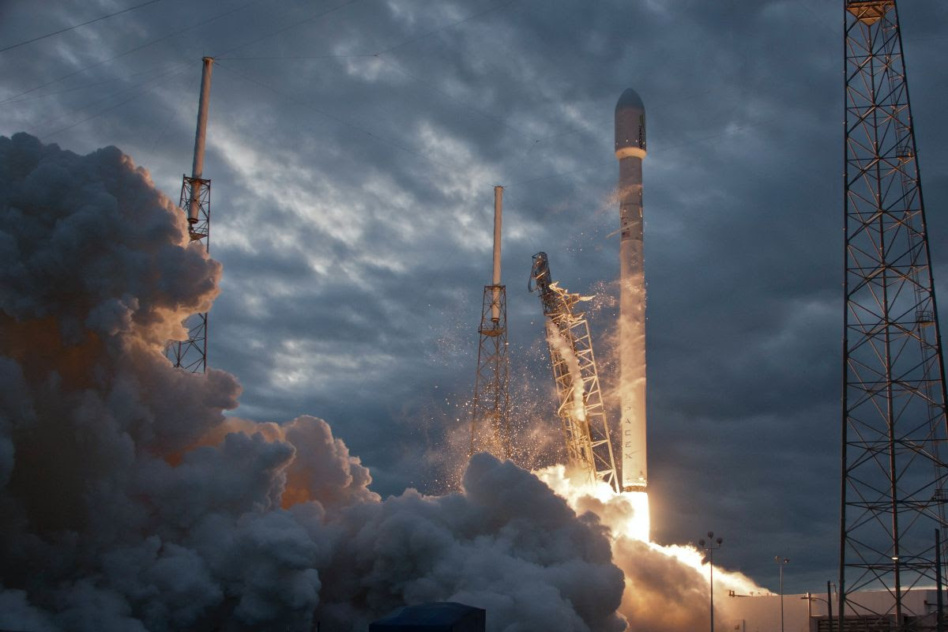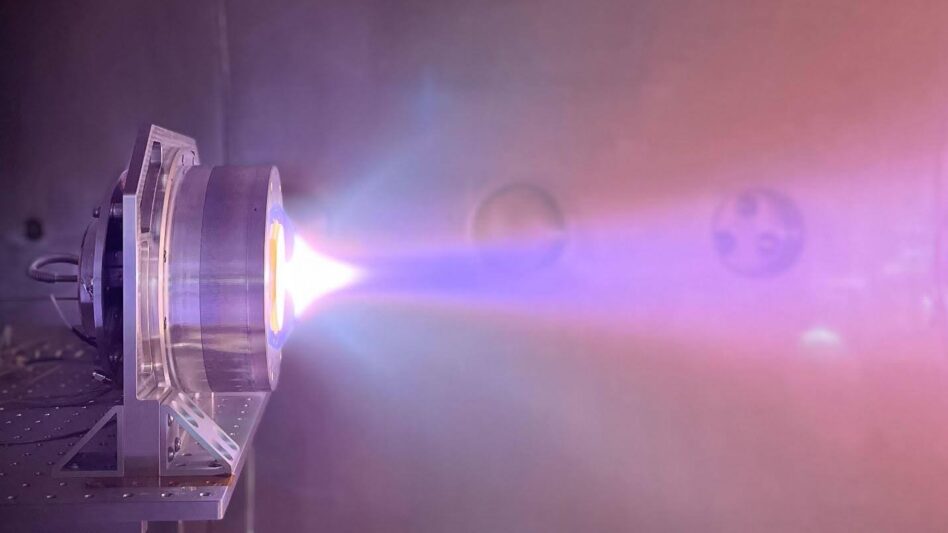As the pace of space launch picks up, the Biden administration is reportedly looking at requiring space companies to pay taxes to help pay for the system that keeps their rockets safe.
The White House’s budget proposal released last month includes a plan to work with Congress on rewriting the tax structure so that space companies are helping to pay for the air traffic controllers who close and reopen the skies around launches, the New York Times reported Thursday.
The airline example: Commercial airlines are already paying into the Airport and Airway Trust Fund, which will receive ~$18B in taxes this year. Airlines are charged 7.5% on each ticket in addition to a per passenger fee that ranges from $5 to $20 per person depending on the flight distance. In fiscal 2021 and 2022, these funds made up more than half of the FAA’s budget.
Deconflict: But air traffic controllers aren’t just keeping the planes running on time. They’re also making sure that rocket launches don’t accidentally cross paths with a passenger airline—a task that’s becoming increasingly time consuming as the number of launches grows each year.
The FAA announced changes last year that would allow the agency to keep more airspace open during Florida launches, aiming to cut the disruptions and headaches created by rerouted flights.
Pay your way: The White House proposal isn’t the only effort to get the no-longer-nascent launch industry to reimburse the government for the expenses it incurs. Congress passed a bill in December that included a provision that would allow the military to charge launch providers for indirect costs on bases, such as power and water usage, as well as wear and tear on roads.





